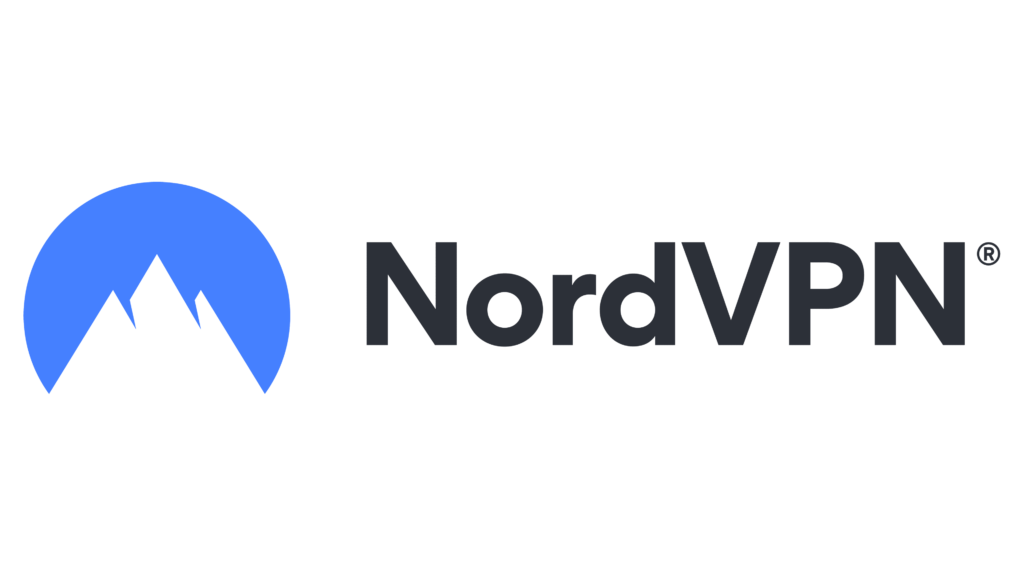
In our increasingly connected world, where data breaches and privacy concerns are rampant, understanding the inner workings of a Virtual Private Network (VPN) is essential for anyone looking to safeguard their online activities. A VPN is more than just a tool for digital privacy; it’s a key player in the world of internet security. Let’s demystify how a VPN functions and why it’s an indispensable part of modern internet usage.
1. The VPN Tunnel: A Secure Pathway
At the heart of a VPN’s operation is the creation of a secure ‘tunnel’ between your device and the internet. This tunnel acts as a fortified conduit through which all your internet data passes. The magic of this tunnel lies in its ability to provide privacy in the otherwise open space of the internet.
2. Encryption: The Backbone of VPN Security
Encryption is the cornerstone of a VPN’s functionality. When you connect to a VPN, it encrypts your data, turning it into a complex code that is indecipherable to outsiders. Whether it’s your emails, online transactions, or browsing history, encryption ensures that your private information stays that way.
3. IP Address Concealment: Anonymity and Freedom
A unique feature of VPNs is their ability to mask your IP address, the digital label assigned to your device. By rerouting your internet connection through a VPN server, your real IP address is hidden, and your device appears to be accessing the internet from the server’s location. This IP address disguise is instrumental in maintaining online anonymity and circumventing geographic restrictions.
4. Secure Protocols: The Rules of Encryption
VPNs utilize various protocols to create and maintain the secure tunnel. These protocols, like OpenVPN, IPsec, and L2TP, govern how data is transmitted and encrypted. The choice of protocol can affect the strength of security, speed, and compatibility with different devices and networks.
5. Bypassing Censorship and Blocks
One of the most popular uses of a VPN is to bypass internet censorship and access geo-blocked content. By connecting to servers in different countries, users can access websites and services typically restricted in their location, expanding their digital horizons.
6. VPNs and Remote Access: A Boon for Businesses
For businesses, VPNs offer the invaluable benefit of secure remote access. Employees working from home or on the go can connect to their company’s network through a VPN, ensuring that sensitive corporate data remains protected from potential cyber threats.
7. The Limitations of VPNs
While VPNs are powerful, they are not a panacea for all internet security issues. They don’t protect against malware or viruses that are already on your device, and they cannot prevent phishing scams. Users must complement their VPN usage with good cybersecurity practices, like using antivirus software and being cautious with email attachments and links.
8. Choosing the Right VPN
The effectiveness of a VPN can vary based on the service provider. Factors to consider include the provider’s privacy policy, the number of servers and locations, speed, ease of use, and reliability. Opting for a reputable VPN service is crucial in ensuring the best balance of security, privacy, and performance.
Conclusion: A Vital Component of Internet Security
In conclusion, a VPN is an essential tool in the quest for digital privacy and security. By encrypting your data, hiding your IP address, and providing secure remote access, a VPN allows you to navigate the digital world with confidence. As our online lives become increasingly intertwined with our personal and professional spheres, adopting technologies like VPNs is key to protecting our digital footprints in the vast and ever-evolving landscape of the internet.

